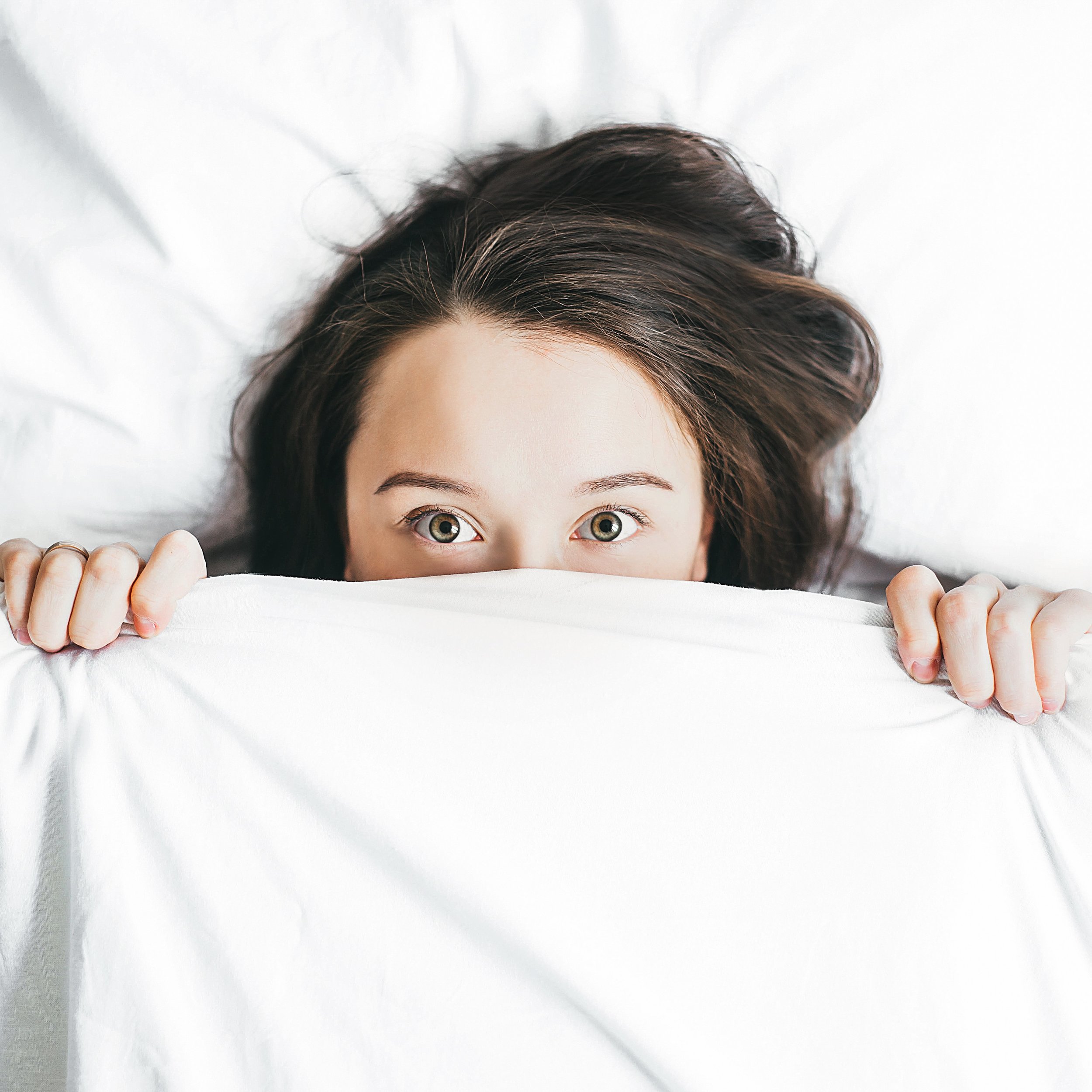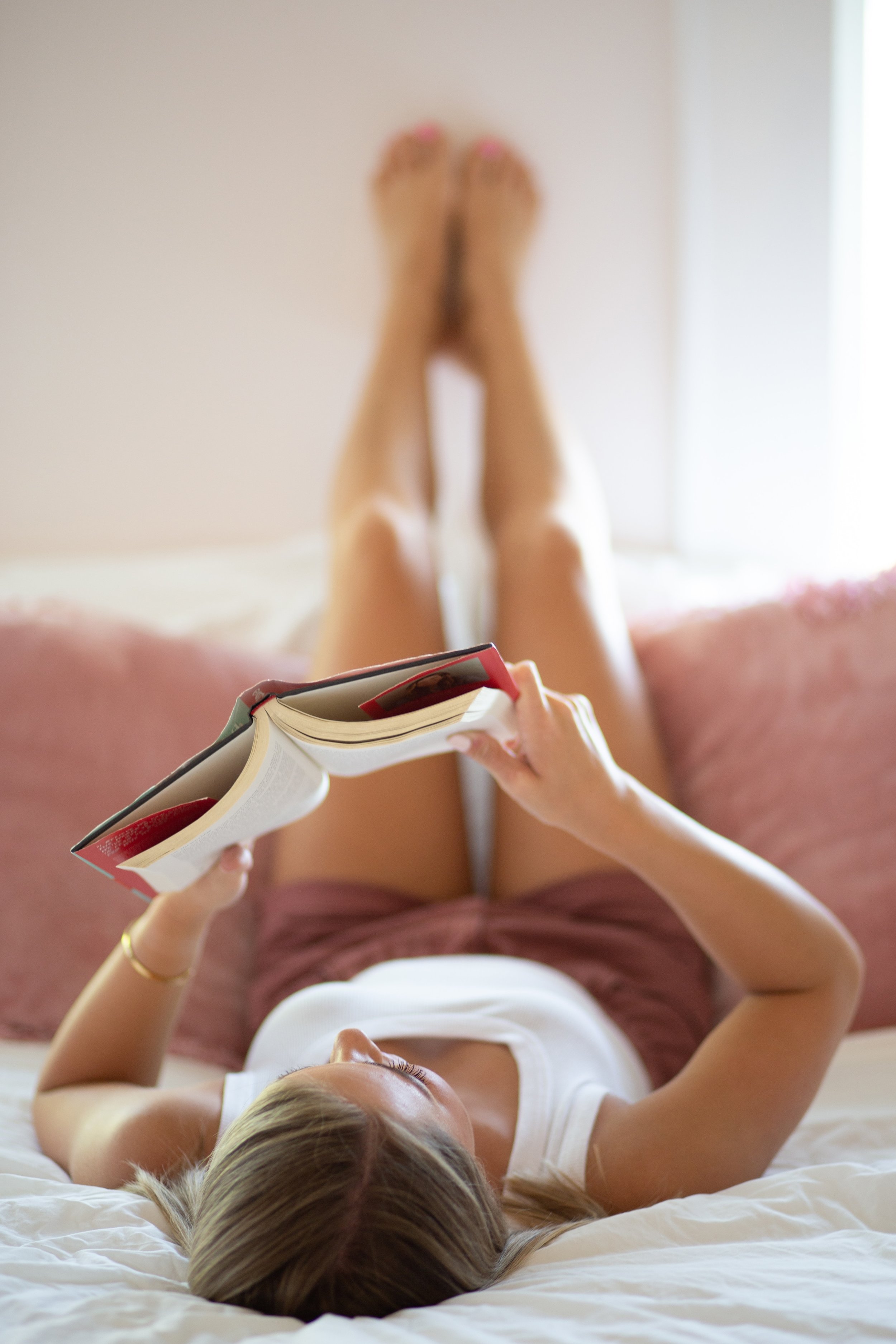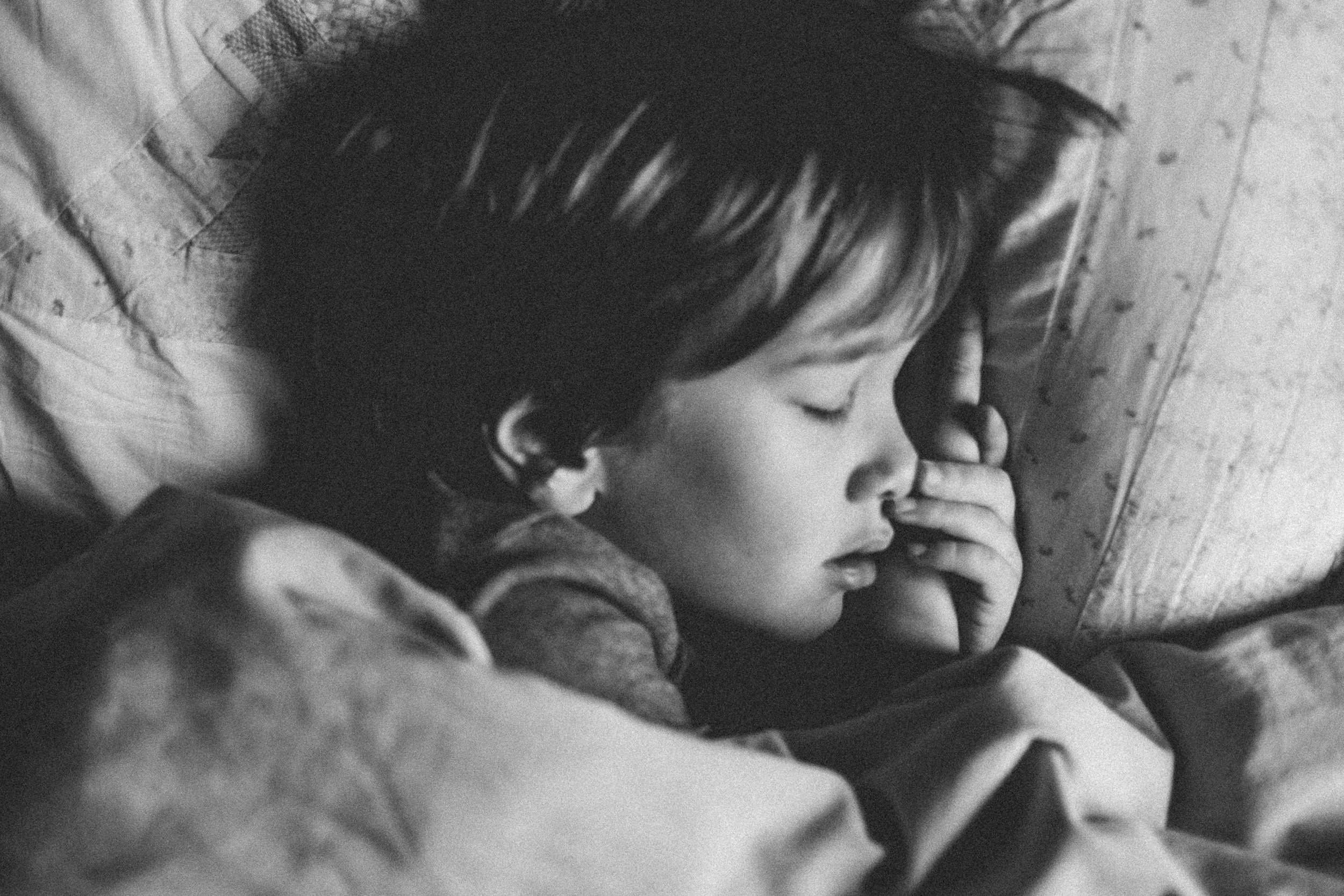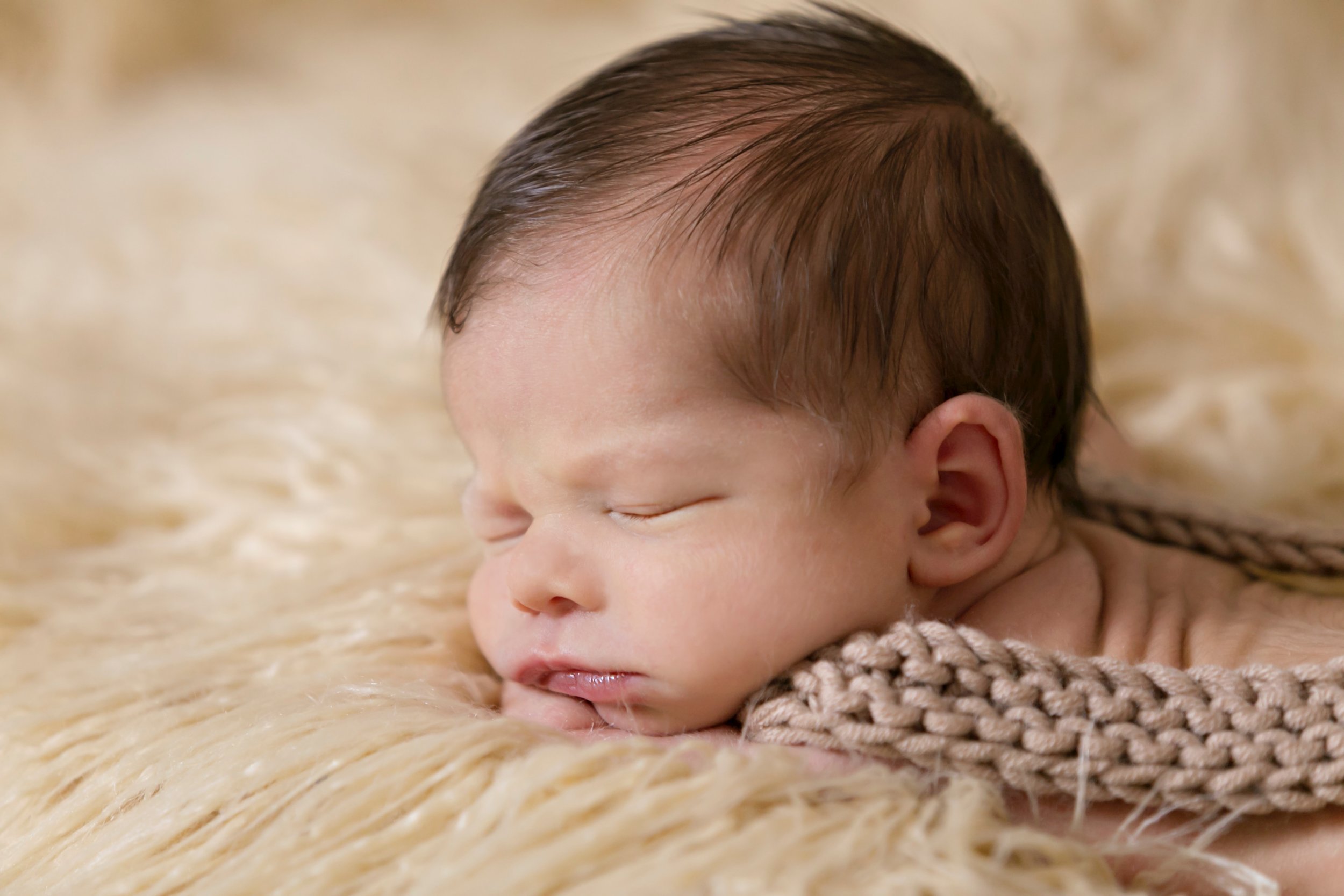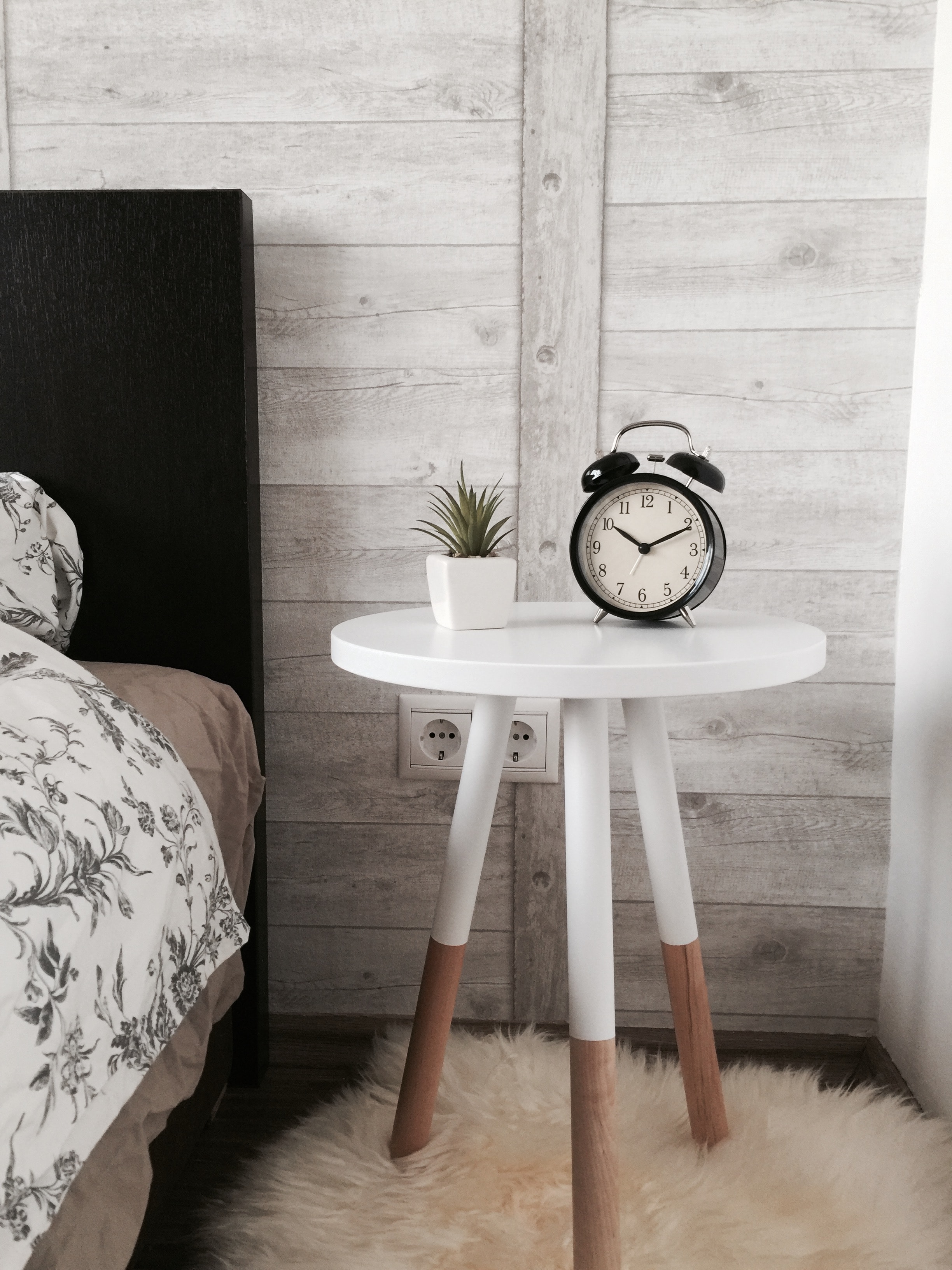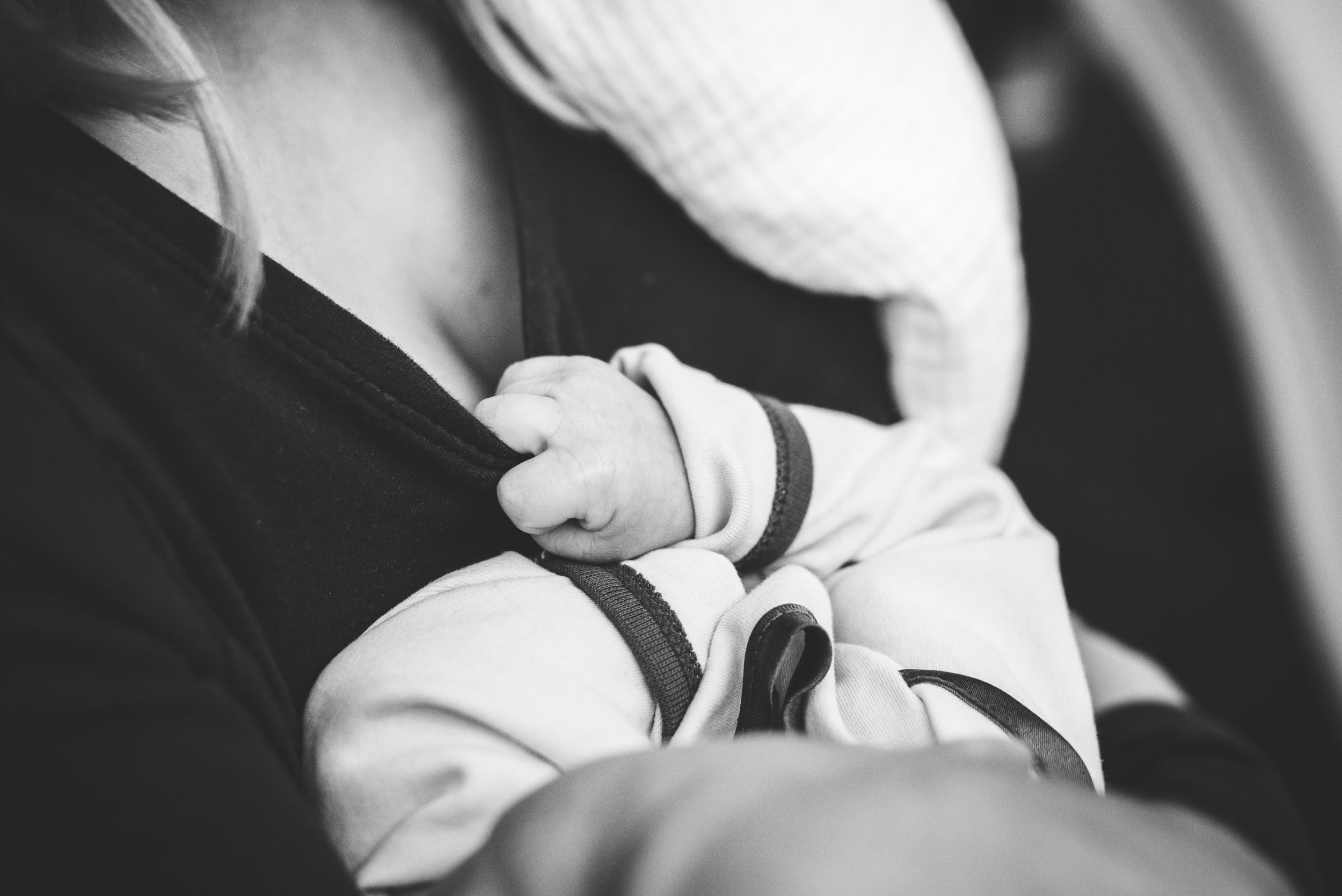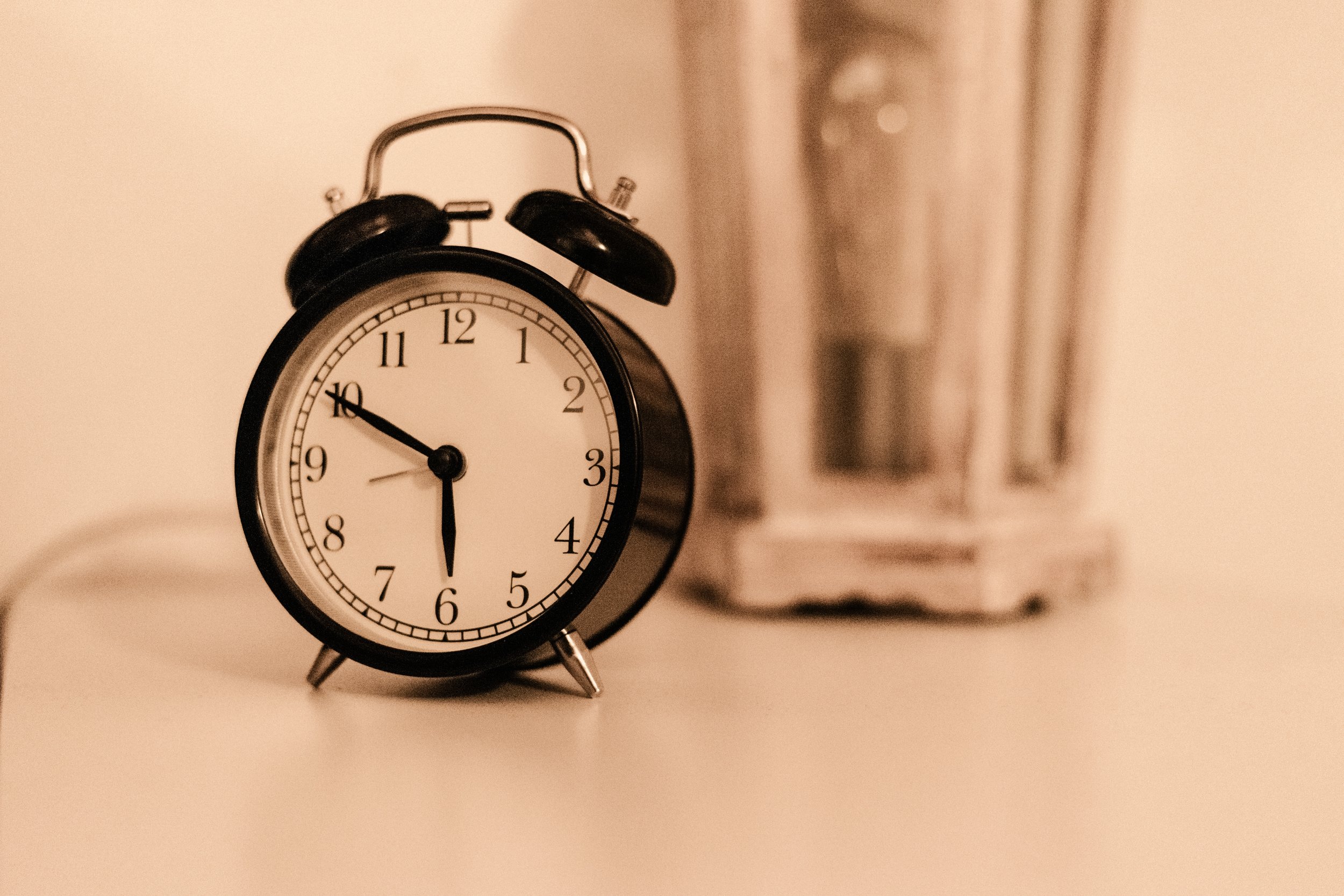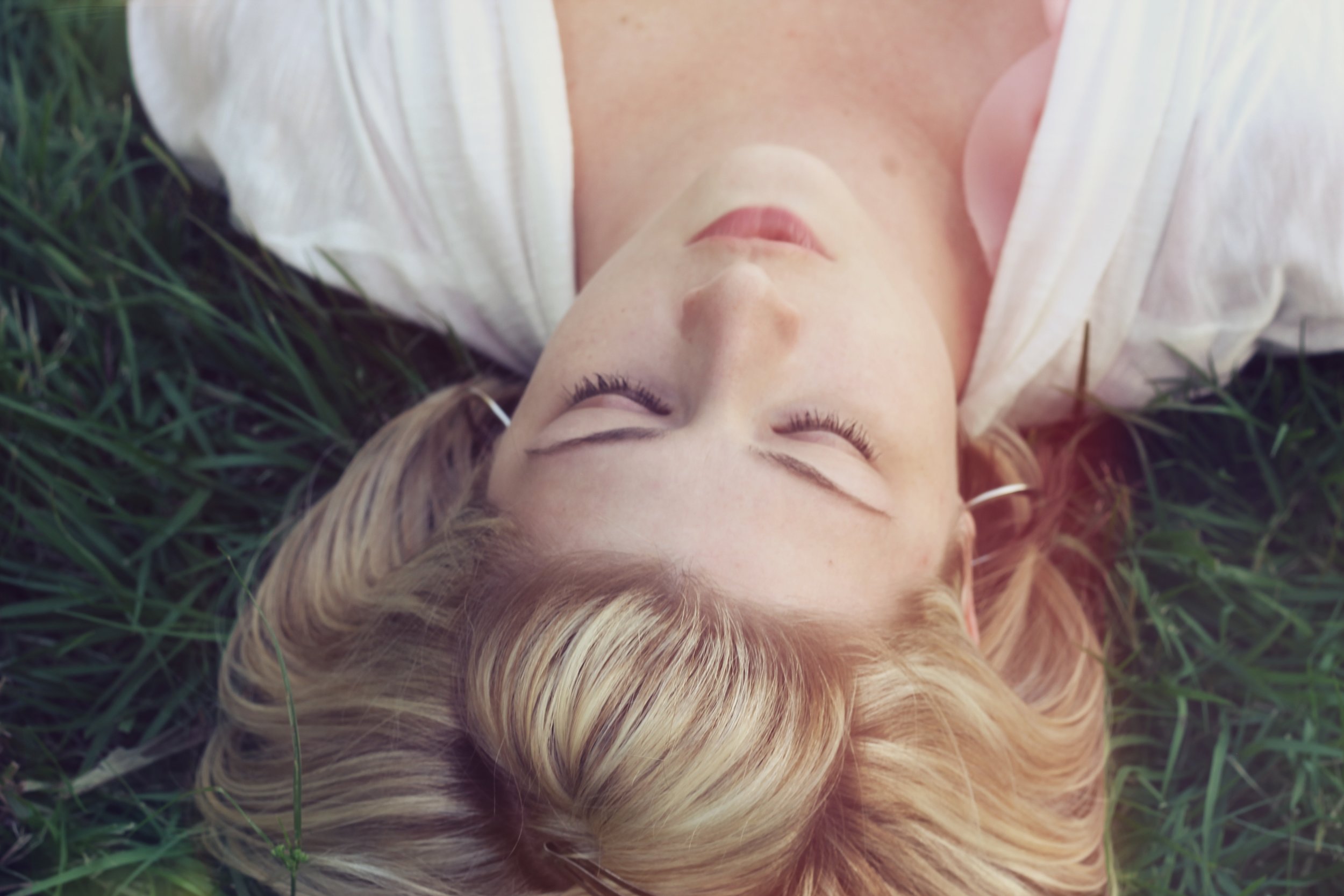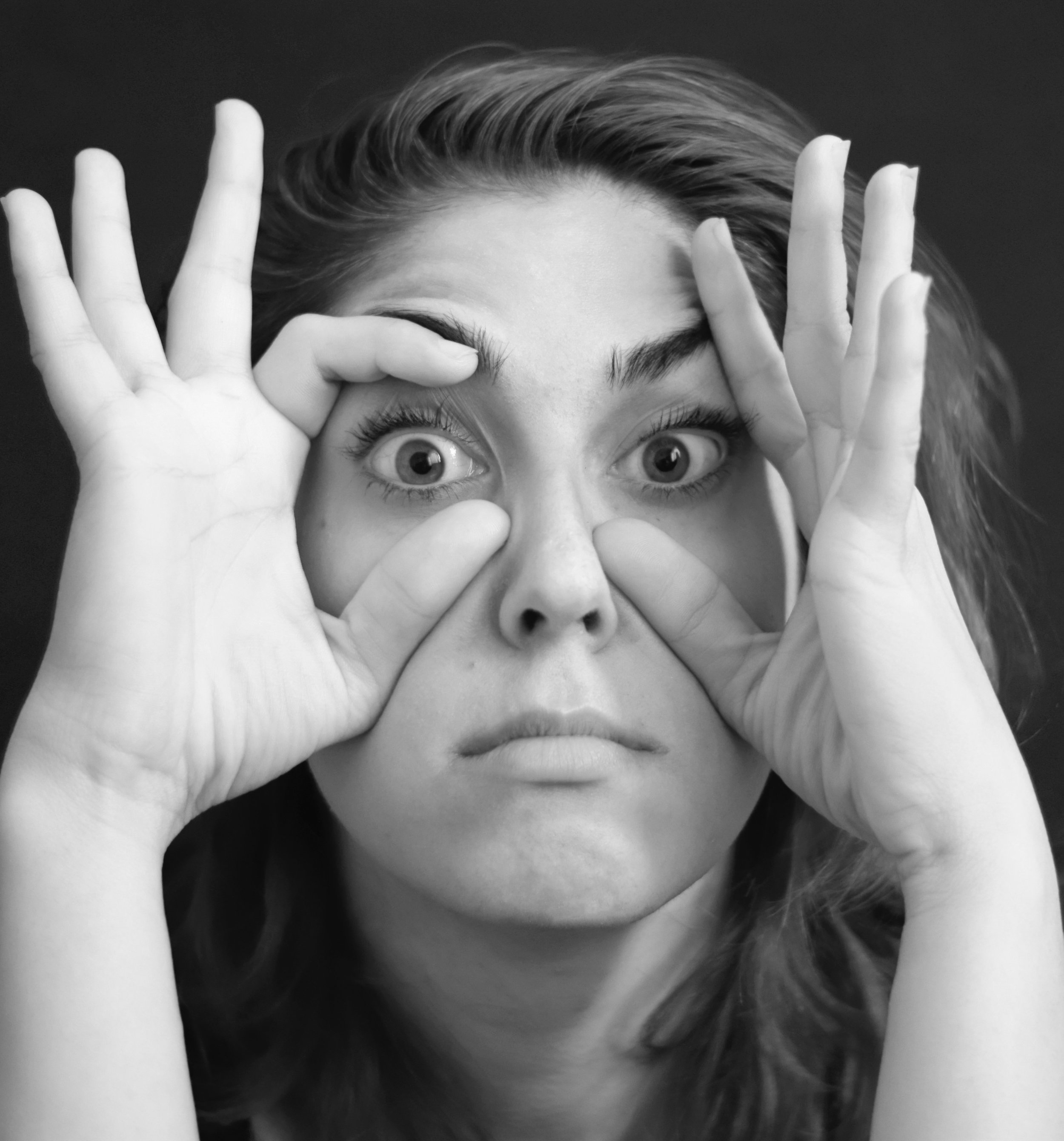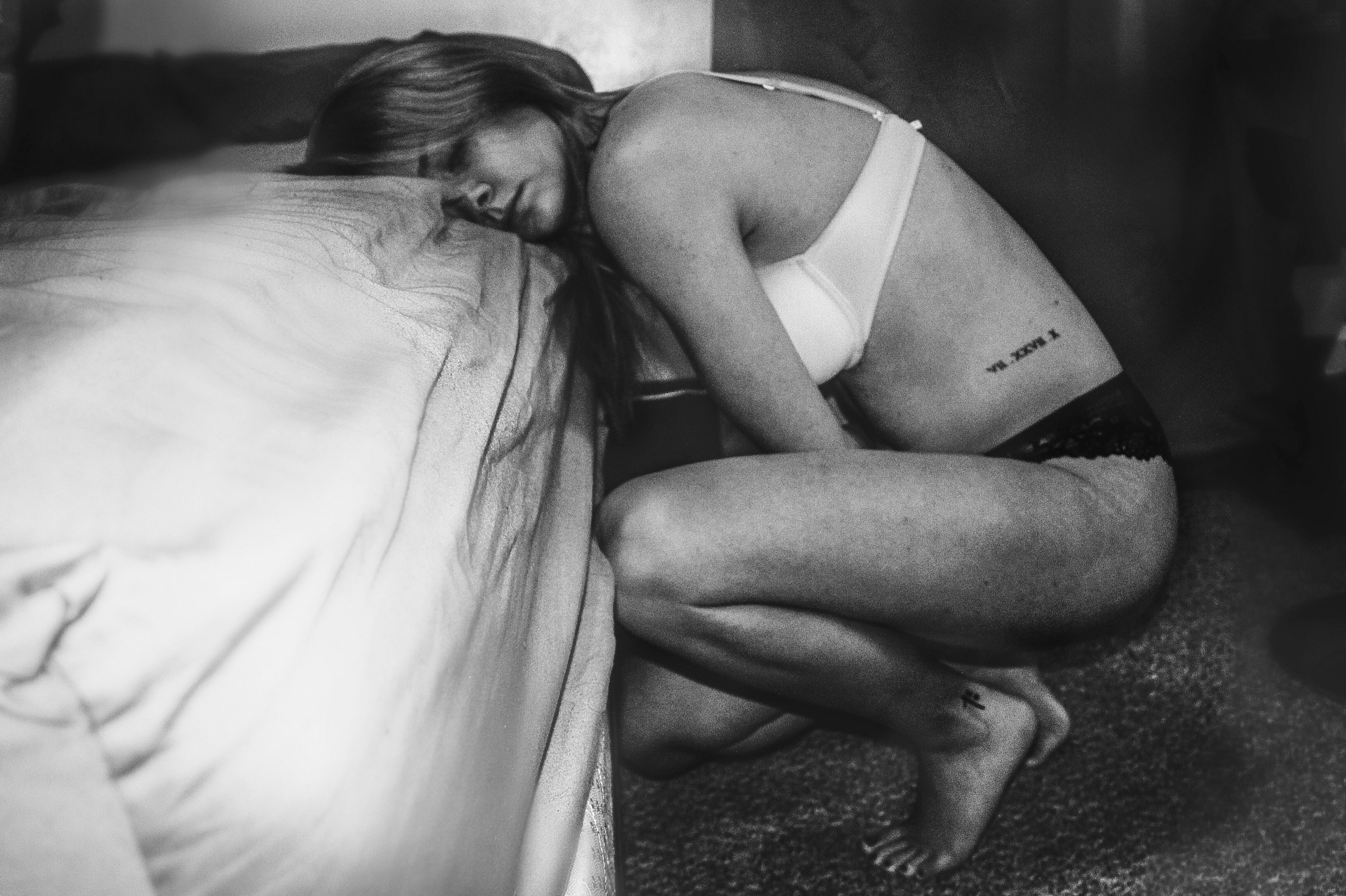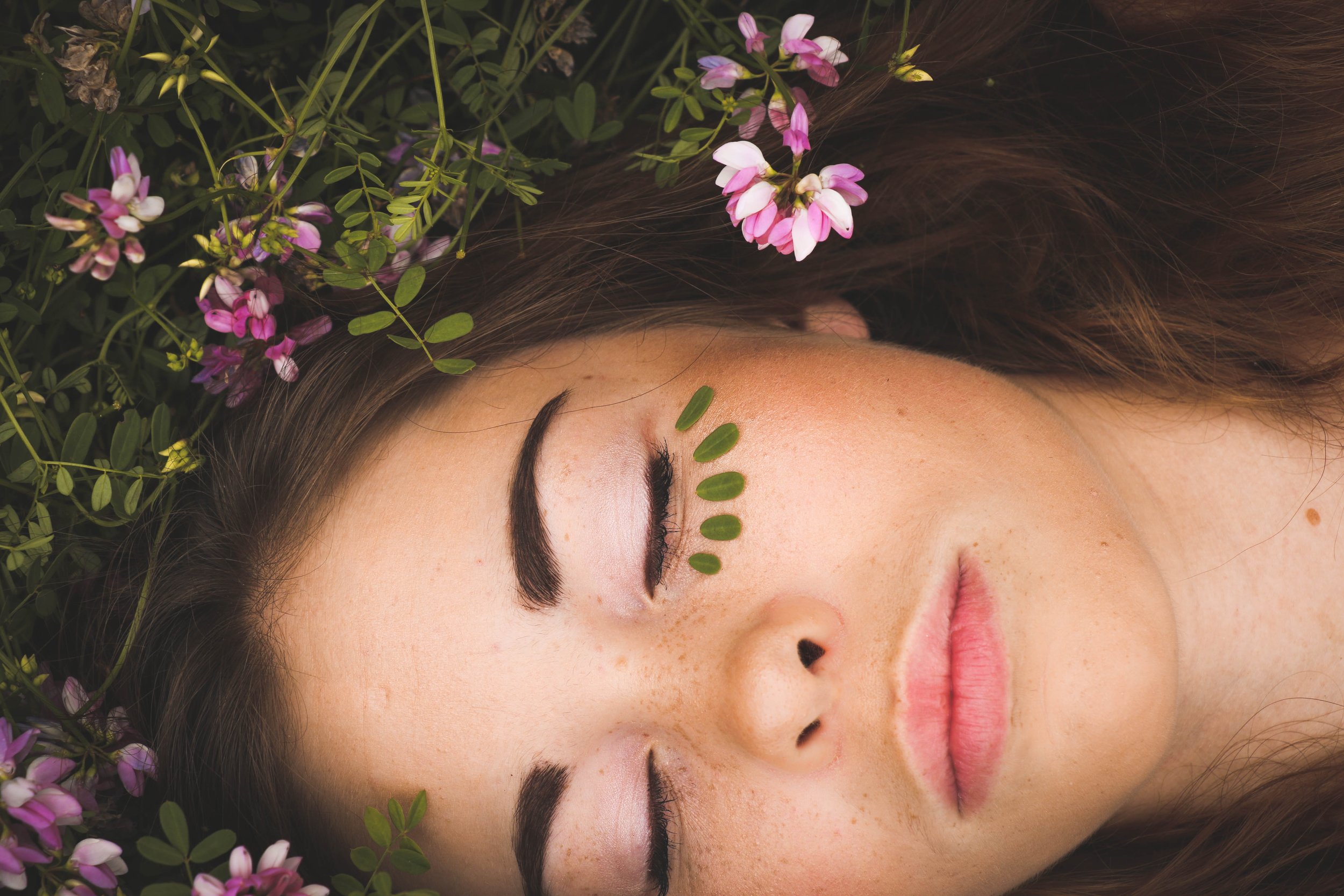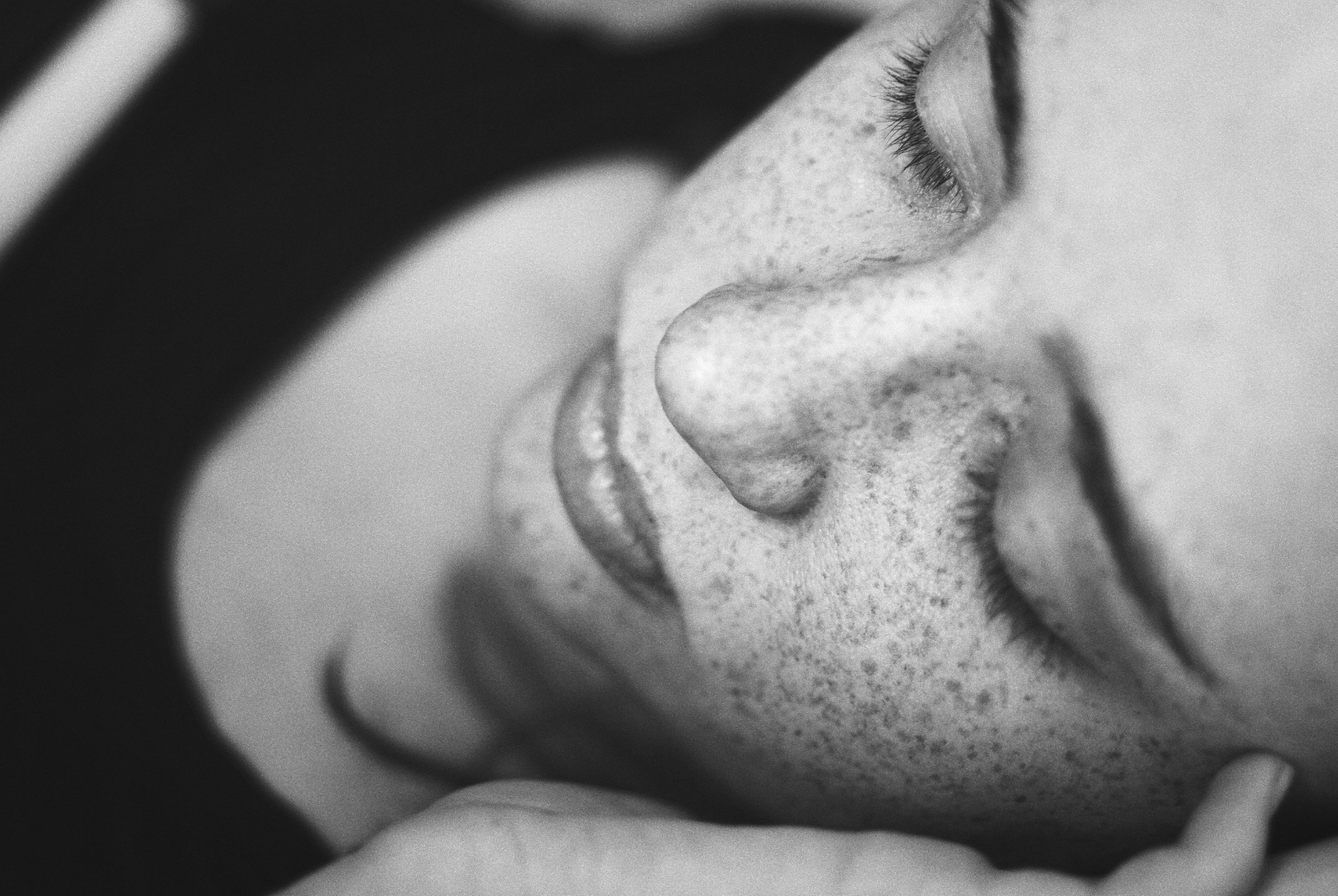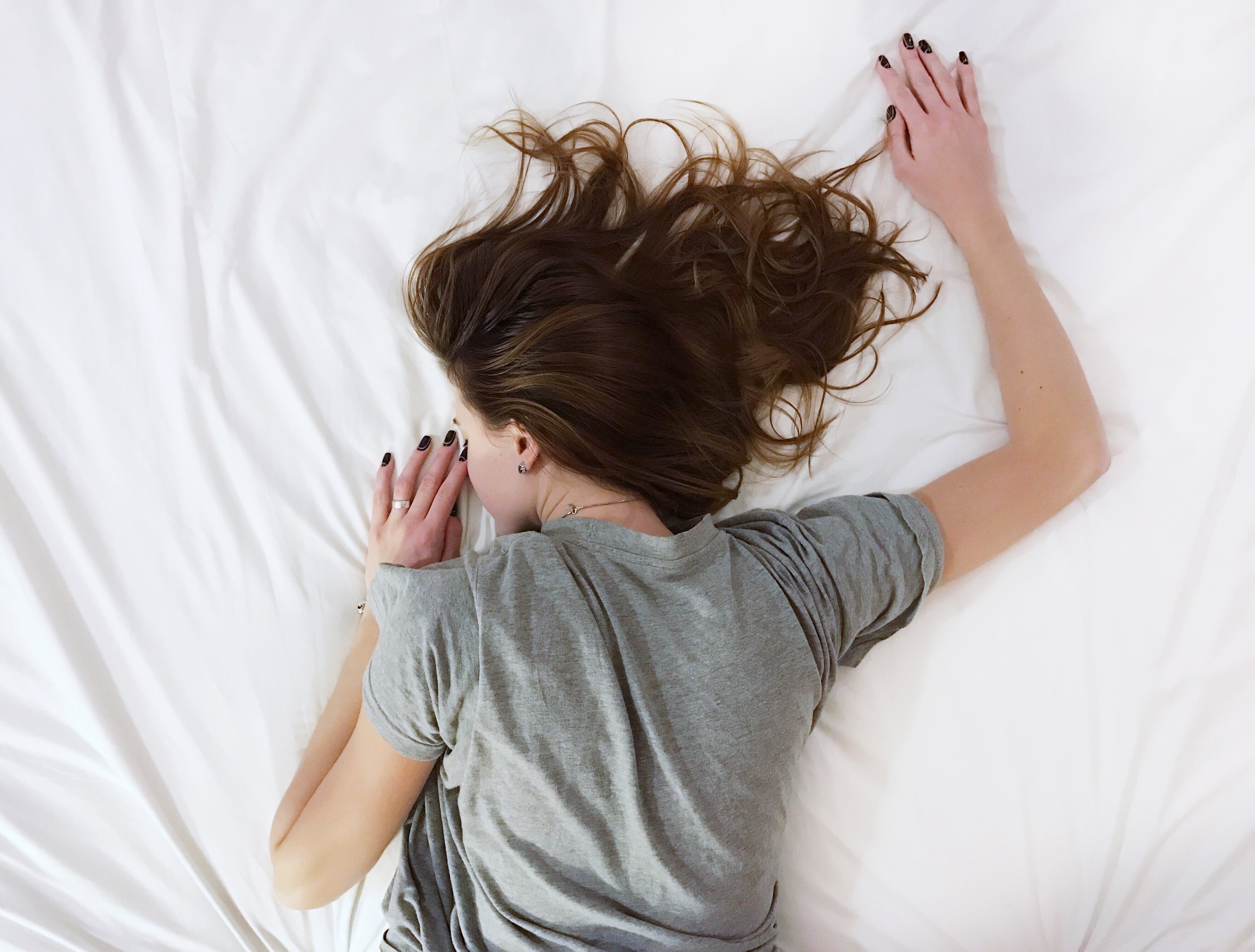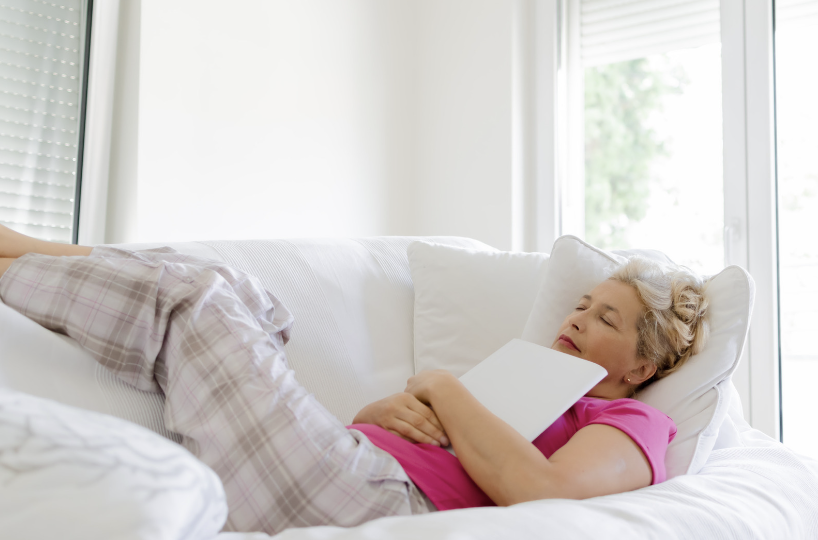13 Tips to Sleep Better
1. Stick to a sleep schedule
Go to bed and wake up at the SAME TIME each day - even at the weekends!
As creatures of habit, people have a hard time adjusting to changes in sleep patterns.
Sleeping later on weekends won't fully make up for a lack of sleep during the week and will make it harder to wake up early on Monday morning. - Set an alarm for bedtime.
Often we set an alarm for when it's time to wake up but fail to do so for when it's time to go to sleep.
Nowadays, lots of (meditation/sleep) apps can do this for us. Take advantage of it!
2. Exercise is great, BUT not too late in the day…
Try to exercise at least 30 minutes on most days but not later than 2–3 hours before your bedtime.
Never actually thought that there's times someone will tell me 'don't do any exercise' but it is recommended that you do not exercise later than 2–3 hours before your bedtime. Although of coures, it is a good idea to exercise at least 30 minutes on most days... If you can get down to the gym, or even just a brisk walk in the local park...
3. Avoid caffeine and nicotine
The stimulating effects of caffeine in coffee, colas, certain teas, and chocolate can take as long as 8 hours to wear off fully.
Nicotine is also a stimulant.
Again, a very simple and straightforward tip, although one that is probably quite tricky to adhere to if you are addictide to either or both of these substances.
Caffeine is a stimulant and can be found in certain drinks and food such as tea, coffee, cola but even chocolates. The pharmacological effect of caffeine is referred to as 'half life' which is basically the 'drugs' efficacy. For example, a cup of coffee's average half life is about 5-7 hours which means that after drinking a cup of coffee 5-7 hours later only half of the caffeine has been removed from your body, while the other half is still having its effect (hence why half life.
This is why it isn't such a great idea to drink coffee in the afternoon let alone the evening! And this is why regretted drinking that lovely cup of coffee at 1.30pm in a shopping mall while waiting for my phone to be repaired. Result - couldn't sleep until after 2am the following morning! Was not a pretty scene when I had to then wake up at 6am.
HOW DOES CAFFEINE WORK:
During our average 24hr circadian rhythm a chemical, called adenosine builds up in our body, creating 'sleep pressure'. The longer we are awake the more adenosin our body produces, 'pressuring' us naturally to retire to a much needed recovery sleep. This adenosis can, however, be suppressed and masked ARTIFICIALLY by caffeine.
Caffeine in fact is apparently one of the most wided used and abused psychoactive stimulant in the world... Just bear that in mind when you have your next cuppa next time!
PROBLEM WITH NICOTINE:
Nicotine is also a stimulant, often causing smokers to sleep only very lightly which has a detrimental effect on the quality of our sleep which is just as if not more important than the quantity of sleep.
In addition, smokers often wake up too early in the morning because of the nicotine withdrawal.
4. Avoid alcoholic drinks before bedtime
A “nightcap” might help you get to sleep, but alcohol keeps you in the lighter stages of sleep. You also tend to wake up in the middle of the night when the sedating effects have worn off.
According to a brilliant sleep scientist and neuroscientist, Prof Matthew Walker 'alcohol is one of the MOST powerful suppressors of REM sleep that we know of.'
As a general misconception, “nightcap” might help you get to sleep, but alcohol robs you of REM (Rapid Eye Movement) sleep and keeps you in the lighter stages. This is not the desired quality of sleep your body and mind needs. 'Alcohol sedates you out of wakefulness but it does NOT induce NATURAL sleep.' Prof Walker compared it to a 'light form of anesthesia'. That doesn't sound very good, does it?
Additionally, heavy alcohol ingestion may also contribute to impairment in breathing at night and you also tend to wake up in the middle of the night when the sedating effects have worn off.
5. Avoid large meals late at night
A large meal can cause indigestion that interferes with sleep.
Drinking too much fluids at night can cause you to awaken frequently to urinate.
A light snack is okay, but a large meal can cause indigestion, which interferes with sleep. Drinking too much fluids at night or just before bedtime can also cause frequent awakenings to visit the bathroom.
6. Avoid medicines that delay or disrupt your sleep
If possible, of course…
Some common prescribtion heart, blood pressure or asthma medications, as well as some over-the-counter and herbal remedies for coughs, colds, or allergies can disrupt sleep patterns.
If you have trouble sleeping or falling asleep, talk to your GP or pharmacist to see whether any drugs you are taking might be contributing to this, or ask whether they can be taken at other times during the day or in the early evening.
7. Don’t take naps after 3pm
Naps can boost your brain power, but late afternoon naps can make it harder to fall asleep at night.
This is probably something I would be/(will be) struggling with! Naps can boost your brain power, but late afternoon naps can make it harder to fall asleep at night.
EXTRA TIP: keep naps it under an hour.
8. Relax before bed
Take time to unwind. A relaxing activity, such as reading or listening to music, should be part of your bedtime ritual.
Don't overschedule your day so that no time is left for unwinding.
A relaxing activity, such as reading or listening to music should be part of your bedtime ritual.
There are some amazing relaxing apps out there that can help you find a soothing music or an audiobook which could work for you and ease you off to sleep. We've tried and/or been using Headspace, Breetheapp and Relaxmelodies but our current favourite is Calm.
9. Take a hot bath (or shower) before bed
The drop in body temperature after the bath may help you feel sleepy, and the bath can help you relax.
The drop in body temperature after getting out of the hot bath may help you feel sleepy, and the bath can help you relax and slow down so you are more ready to sleep.
You can use some pampering bath or body oils using essential oils with their therapeutic benefits that could help you to relax and let go of the day's stressful events. Lavender is one of the most used essential oils that is widely acknowledged for their benefits even in hospital settings where it is used to calm patients' anxiety suffering from dementia and other illnesses.
We are also in the product develoment stage for some beautiful bath and shower oils and also bath salts that have a huge number of benefits not only to make you feel relaxed but to top up your magnesium deficiency (which is also good for better sleep). Follow us for more information on this.
10. Have a good sleeping environment
Get rid of anything in your bedroom that might distract you from sleep in the bedroom and keep the temperature cool.
Dark, cool and gadget-free bedroom
Get rid of anything in your bedroom that might distract you from sleep, such as noises, bright lights, uncomfortable bed or warm temperatures. You sleep better if the temperature in the room is kept on the cool side.
A TV, mobile phone or computer in the bedroom can be a distraction and can deprive you of much needed sleep.
Having a comfortable mattress and pillow can help promote a good night's sleep.
11. Have the right sunlight exposure
Daylight is key to regulating daily sleep patterns.
Try to get outside in natural sunlight for at least 30 minutes each day. If possible, wake up with the sun rise very bright lights in the morning.
Sleep experts recommend that if you have problems falling asleep, you should get an hour of sun exposure to morning sunlight and turn down the lights before bedtime.
It is probably going to get more of a problem now that winter is on our doorstep, but there are so called SAD lights available that you could use early morning when you wake up and you can still go outside during the day for a brisk 10 minutes walk to have a break and to reacharge your 'sun batteries'.
12. Don’t lie in bed awake
The anxiety of not being able to sleep can make it harder to fall asleep.
If you find yourself still awake after staying in bed for more than 20 minutes or if you are starting to feel anxious or worried, get up and do some relaxing or dare to say boring activity until you feel sleepy.
13. See a doctor if you continue to have trouble sleeping
And finally of course, if you consistently find yourself feeling tired or not well rested during the day despite spending enough time in bed at night, you may have a sleep disorder or at least something that would need to be investigated by a doctor.
Hopefully your GP or a sleep specialist should be able to help you.
